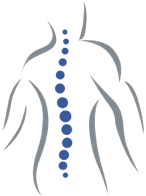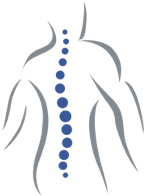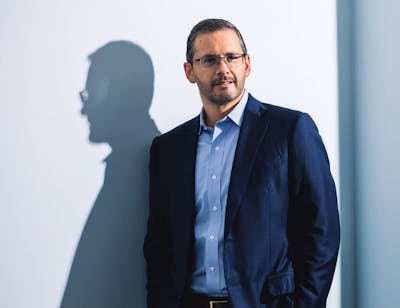If you are suffering from back or neck pain, it is crucial for you to receive a professional diagnosis as soon as possible. Dr. Rovner is one of the best spine surgeons in NJ who has the experience and expertise necessary to help patients actualize successful outcomes with orthopedic spine surgery.
Cartilage/meniscus tears
The meniscus is a crescent-shaped pad of cartilage that absorbs the shock of impact to the knee. Meniscal tears are a very common knee injury, usually caused by a sudden twist or change of direction, deep squat, heavy lifting, or serious sports trauma. Rest, ice, compression and elevation can help reduce pain, and prompt medical attention is crucial. Physical therapy can help strengthen the muscles around your knees and legs to build stability and support the knee joint. A specially-designed knee brace can also be helpful. However, persisting pain, knee locking and other problems with the knee may require surgery. Recovery will take between 2-3 months.
Signs of a meniscus injury
- Pain on the medial or lateral side of the knee
- Locking and clicking sensations
- Swelling or stiffness
- Inability to fully extend or bend the knee joint
- The feeling of your knee “giving way”
With proper surgery and/or physical therapy, many athletes can return to their sports after a meniscal tear. However, once this type of damage is done, the knee can rarely return to the full strength it once had.








